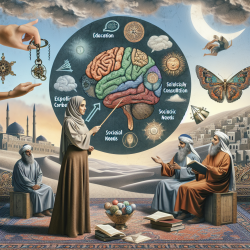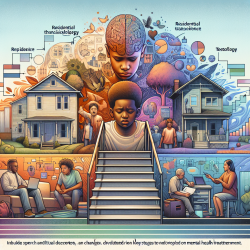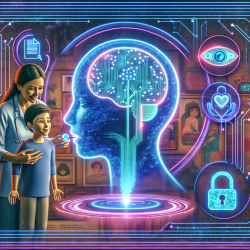Children have an incredible capacity to express themselves and process their experiences through play. When words fail them, toys and imaginative scenarios become their language. As parents and educators, we often witness children acting out or withdrawing when they face challenges. It's natural to worry about these behaviors and seek ways to support our children in overcoming them. One powerful method is play therapy.
Understanding Play Therapy
Play therapy is a specialized therapeutic approach designed for children aged three to twelve. This technique uses the natural medium of play to help children explore and resolve their emotional and behavioral issues. In a designated playroom filled with carefully selected toys, a trained play therapist guides the child through sessions that encourage the safe expression of feelings and support the development of healthier behaviors.
Why Play Therapy Works
Play therapy offers numerous benefits by addressing children's needs in a way that feels natural to them:
- Healing from Trauma: Children often experience stressful or traumatic events that leave lasting impressions. Through symbolic play, such as crashing toy cars or acting out conflicts with puppets, children can process these experiences safely.
- Expression of Feelings: In play therapy, children can express their emotions freely without fear of judgment or repercussions. This leads to a better understanding of their feelings and reduces emotional burdens.
- Creative Problem Solving: By engaging in imaginative play, children explore different perspectives and solutions to their problems, fostering creativity and adaptability.
- Decision-Making Skills: The freedom to make choices during play sessions helps children build self-confidence and learn responsibility.
- Communication: Symbolic play allows children to communicate complex emotions and situations indirectly, providing insights for therapists and parents.
- Learning New Behaviors: Play therapists introduce activities that help children replace negative thought patterns with positive ones, teaching them healthier ways to cope with challenges.
The Role of the Play Therapist
A trained play therapist creates a supportive environment where therapeutic benefits can flourish. They guide the child gently through sessions, sometimes allowing open-ended play and other times directing activities to address specific issues. Their role is crucial in helping the child activate their innate self-healing abilities.
The Impact of Play Therapy
Research over the past fifty years has shown that play therapy is an effective treatment for various social, emotional, and behavioral problems in children. It not only aids in recovery from trauma but also promotes personal growth and healthier interactions with others.
If you're interested in learning more about how play therapy can benefit your child or students, please follow this link.










